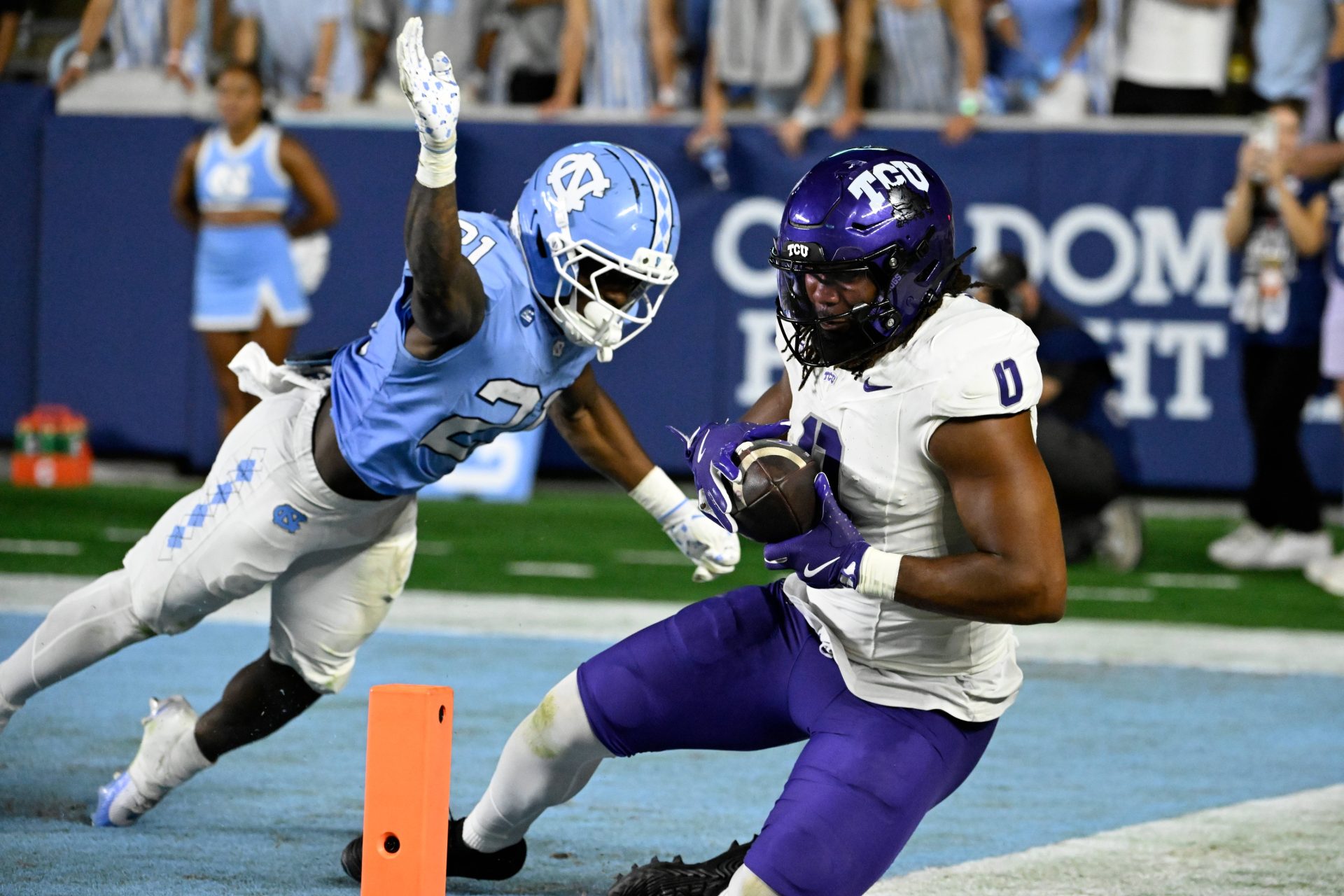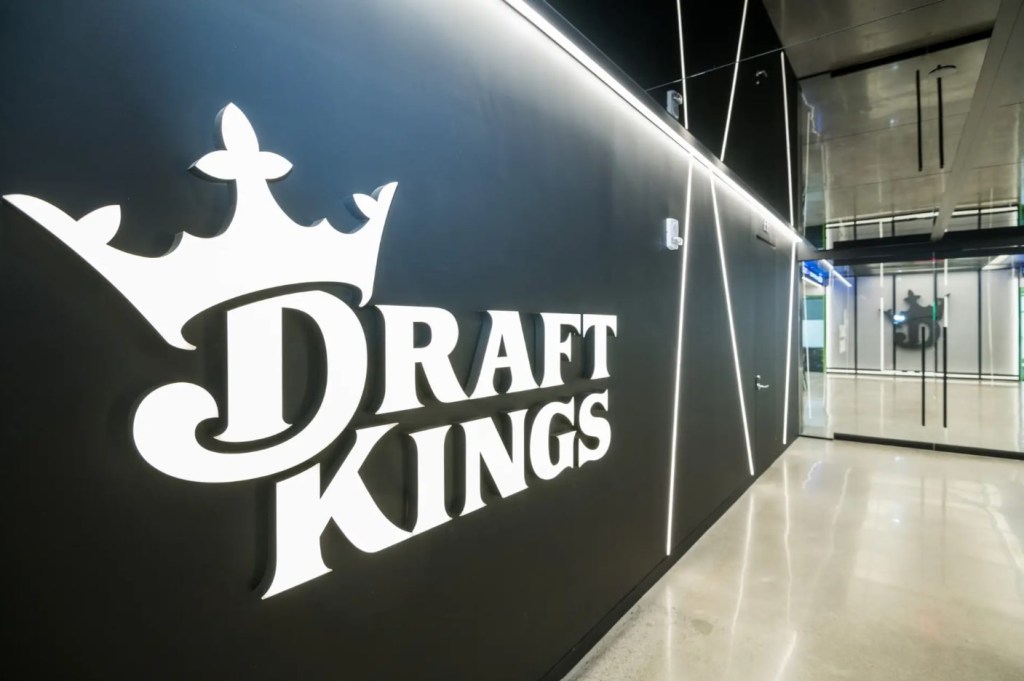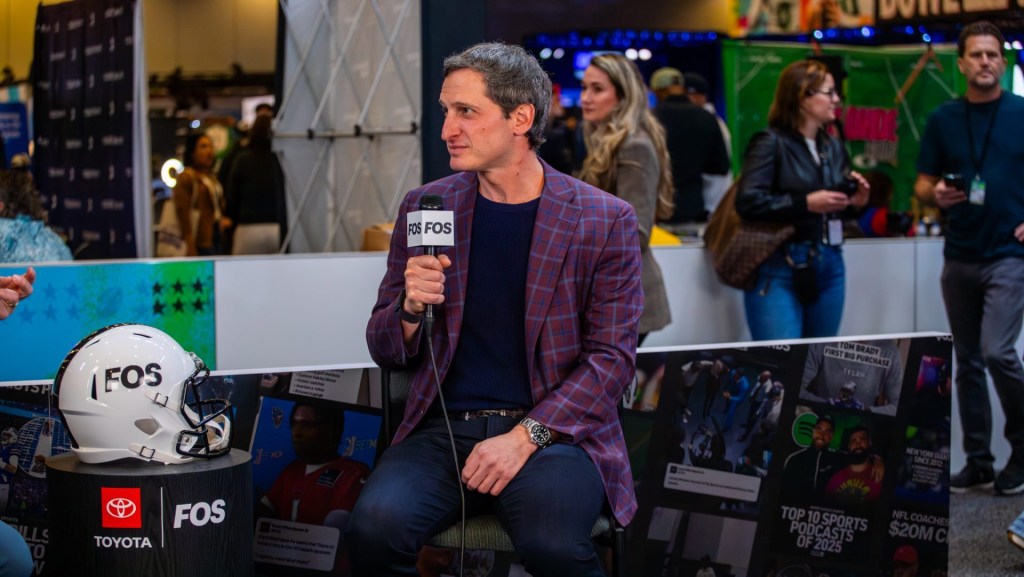Polymarket will be allowed to offer prediction markets in the U.S. after being barred for more than three and a half years, accelerating the battle for prediction-market supremacy.
New York–headquartered Polymarket has been prohibited from operating in the U.S. since entering a settlement with the Biden-era Commodity Futures Trading Commission (CFTC) in 2022. But the company has been plotting its comeback, including through the July acquisition of QCX, a small derivatives exchange that is licensed by the CFTC—a federal regulator charged with policing derivatives markets and overseeing complex financial instruments like futures and swaps.
On Wednesday, the CFTC announced it will not take enforcement action against QCX.
The news was celebrated by Polymarket founder Shayne Coplan, who posted on social media that the announcement gives the company the “green light to go live” in the U.S.
As of Wednesday afternoon, Polymarket was still unavailable for users in the U.S. Sources familiar with the industry tell Front Office Sports that while the CFTC’s announcement is a notable step toward Polymarket reentering the U.S., it will likely take some time before that happens because of the many technical issues that need to be dealt with, including engineering work, stress testing the U.S. product, and ensuring compliance with CFTC requirements.
Coplan—who had been the subject of a federal investigation but in July said that the company had “been cleared of any wrongdoing”—also noted that CFTC staff came to the conclusion “in record timing.”
The quick process came despite the fact that the CFTC has reportedly lost at least 15% of its employees since the start of President Donald Trump’s second term in office. The agency also has an acting commissioner, Caroline Pham, who has remained in her role longer than expected because the confirmation of Trump’s nominee to lead the CFTC, Brian Quintenz, keeps getting delayed.
Quintenz happens to be on the board of Kalshi, which is Polymarket’s main rival in the prediction-markets arena. For months, Kalshi has touted its place as a federally regulated prediction-markets platform as it has sought to gobble up market share.
Sara Slane, a Kalshi spokesperson, recently told FOS that Polymarket is “illegal,” in contrast to her company, which is regulated by the CFTC. “Not a day goes by that we are not in communication with the CFTC. There is a lot of federal regulatory oversight in what we do, what markets we offer. There’s a stark difference [between us and Polymarket],” she said.
The differences between Kalshi and Polymarket may not be so stark for long now that the CFTC has given the latter the green light to offer event contracts to users in the U.S. The similarities don’t end with the fact that they’re both prediction-markets platforms; both work with the president’s son, Donald Trump Jr., who has been a strategic advisor to Kalshi since January and recently took a seat on Polymarket’s advisory board and invested in the company through his venture capital firm.
NFL running back Saquon Barkley is also an investor in Polymarket, according to a recent report. That’s notable because of the controversial sports event contracts offered by companies like Polymarket and Kalshi, which allow users to “trade” on the outcomes of sporting events, such as whether Barkley will be the NFL MVP this season. The NFL recently said it has the same integrity and compliance concerns about prediction markets as it does traditional sports betting, although it’s not clear whether the league takes any issue with a player investing in a prediction-markets business.
The sports products offered by Kalshi and Polymarket have come under particular scrutiny due to their similarity to sports betting. Kalshi has been fighting in court with state regulators in Nevada, New Jersey, and Maryland, who want to prohibit the sports event contracts.
Those and other regulators face a tall task in stopping the prediction-market momentum. Other players have entered the scene, including Underdog Sports, which on Tuesday announced it will offer sports event contracts in 16 states through a deal with Crypto.com. Elsewhere, the major sports leagues and traditional sportsbooks are very much aware of the growth in prediction markets; FanDuel recently announced a deal with derivatives exchange CME Group to enter prediction markets, although sports will not be part of the offerings, at least to start.
Kalshi declined to comment Wednesday, and representatives for Polymarket, Kalshi, Trump Jr., and the NFL did not immediately respond to requests for comment.





![[Subscription Customers Only] Jul 13, 2025; East Rutherford, New Jersey, USA; Chelsea FC midfielder Cole Palmer (10) celebrates winning the final of the 2025 FIFA Club World Cup at MetLife Stadium](https://frontofficesports.com/wp-content/uploads/2026/02/USATSI_26636703-scaled-e1770932227605.jpg?quality=100&w=1024)











